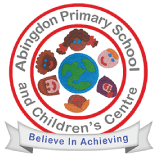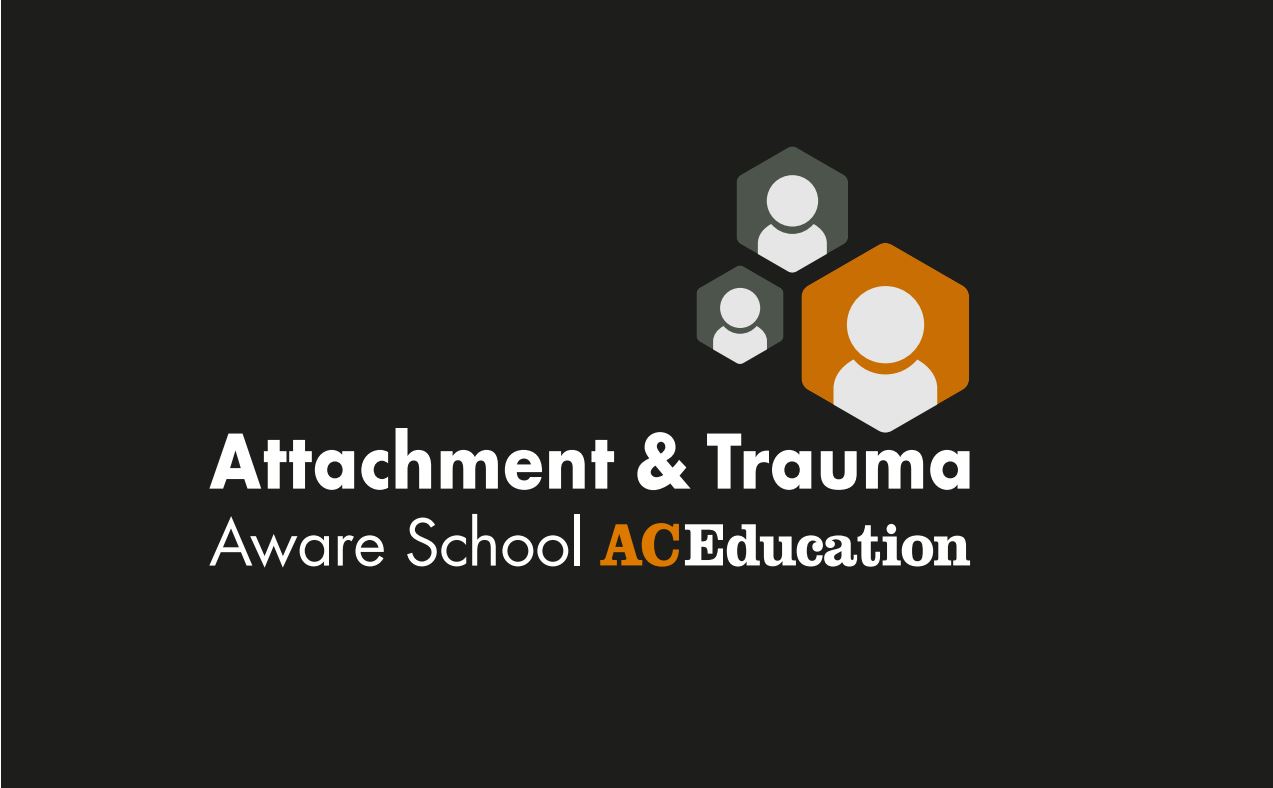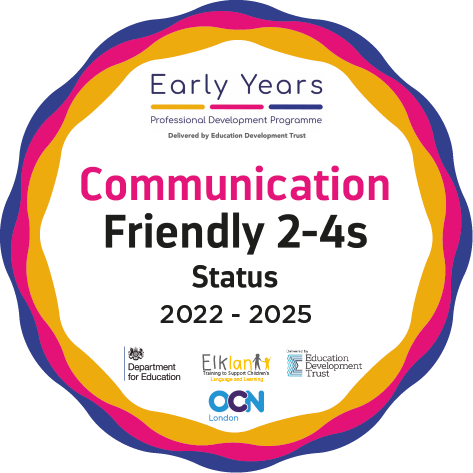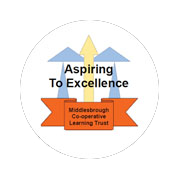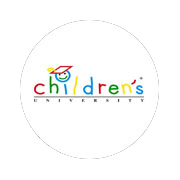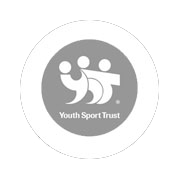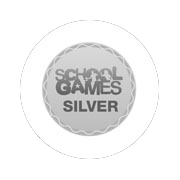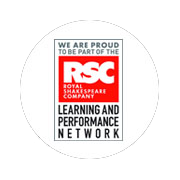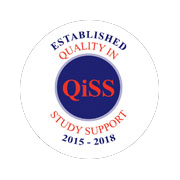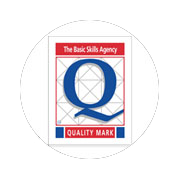A high-quality physical education curriculum inspires all pupils to succeed and excel in competitive sport and other physically-demanding activities. It should provide opportunities for pupils to become physically confident in a way which supports their health and fitness. Opportunities to compete in sport and other activities build character and help to embed values such as fairness and respect.
Key Stage 1
Pupils should develop fundamental movement skills, become increasingly competent and confident and access a broad range of opportunities to extend their agility, balance and coordination, individually and with others. They should be able to engage in competitive (both against self and against others) and co-operative physical activities, in a range of increasingly challenging situations.
Pupils should be taught to:
- master basic movements including running, jumping, throwing and catching, as well as developing balance, agility and co-ordination, and begin to apply these in a range of activities
- participate in team games, developing simple tactics for attacking and defending
- perform dances using simple movement patterns.
Key Stage 2
Pupils should develop fundamental movement skills, become increasingly competent and confident and access a broad range of opportunities to extend their agility, balance and coordination, individually and with others. They should be able to engage in competitive (both against self and against others) and co-operative physical activities, in a range of increasingly challenging situations.
Pupils should be taught to:
- master basic movements including running, jumping, throwing and catching, as well as developing balance, agility and co-ordination, and begin to apply these in a range of activities
- participate in team games, developing simple tactics for attacking and defending
- perform dances using simple movement patterns.
PE Days and Curriculum Autumn Term
| Year | PE DAYS | Autumn Term 1 (8 weeks) | Autumn Term 2 (7 weeks) |
| EYFS | Tuesdays/Thursdays | Fundamentals Walking, jogging, running, galloping, skipping, jumping, hoping, jumping, sliding, crawling. Stop Start signals, Self-space, following directions, cooperation | |
| Year 1 | Wednesdays | Fundamentals Continuing to develop fundamental movement skills in a variety of simple games | Gymnastics -Stabilization Balancing; shapes, points and patches. Rocking, traveling actions |
| Year 2 | Wednesdays | Multi skills Tag games/teamwork games using emphasizing fundamental movements, changing direction and body awareness | Gymnastics – Stabilization Balancing; shapes, points and patches. Rocking & Rolling (pencil roll & forward roll), traveling actions |
| Year 3 | Wednesdays | Invasion Games Games based on learning defensive and offensive strategies. | Gymnastics Sequences Creating sequences using balances, rolls and traveling actions in different levels of space. |
| Year 4 | Tuesday | SWIMMING Manipulation Game based on building manipulation skills of equipment such as basketballs. | Gymnastics – Sequences on Equipment Create sequence on a balance beam using traveling, balances jumping and landing. |
| Year 5 | Thursday | Invasions Games Tag Rugby-develop key skills and principles such as defending, attacking, throwing, catching, running and dodging. | Gymnastics- Partner Rhythmic Routines Create a partner routine on floor and equipment. Using partner balances, inverted balances timed to music |
| Year 6 | Monday | Invasion Games Tag Rugby- Applying skills, sports tactics, and sportsmanship within modified game play. | Gymnastics – Group Rhythmic Routines Create a group routine on floor and equipment to music |
Please find the link to the Physical Education programme of study https://assets.publishing.service.gov.uk/government/uploads/system/uploads/attachment_data/file/239040/PRIMARY_national_curriculum_-_Physical_education.pdf


